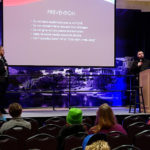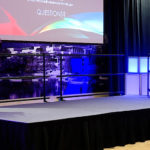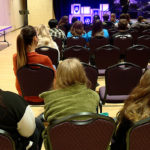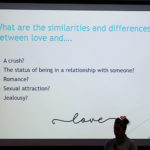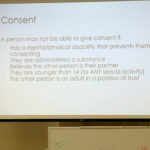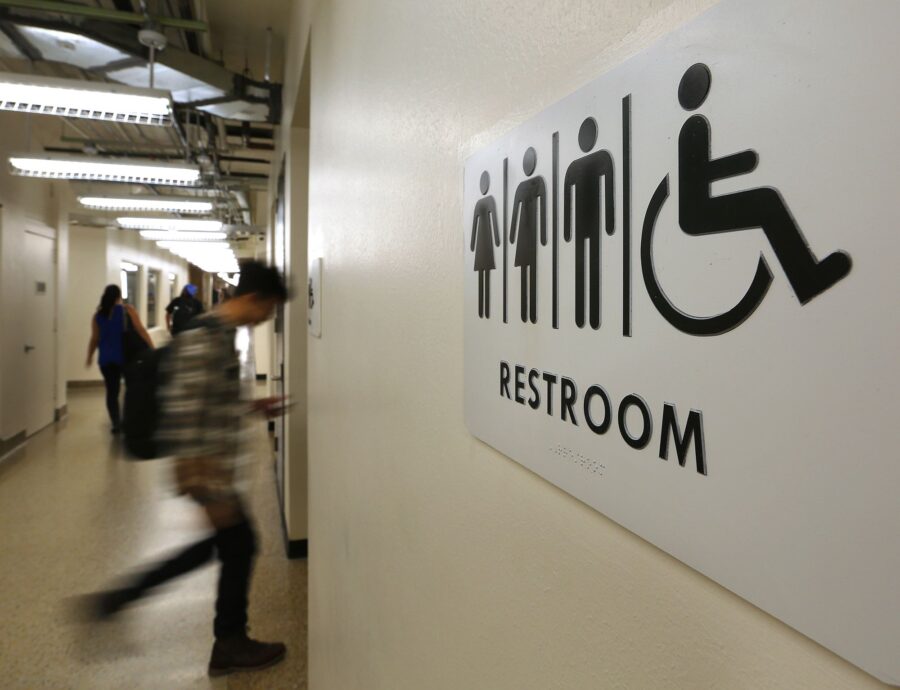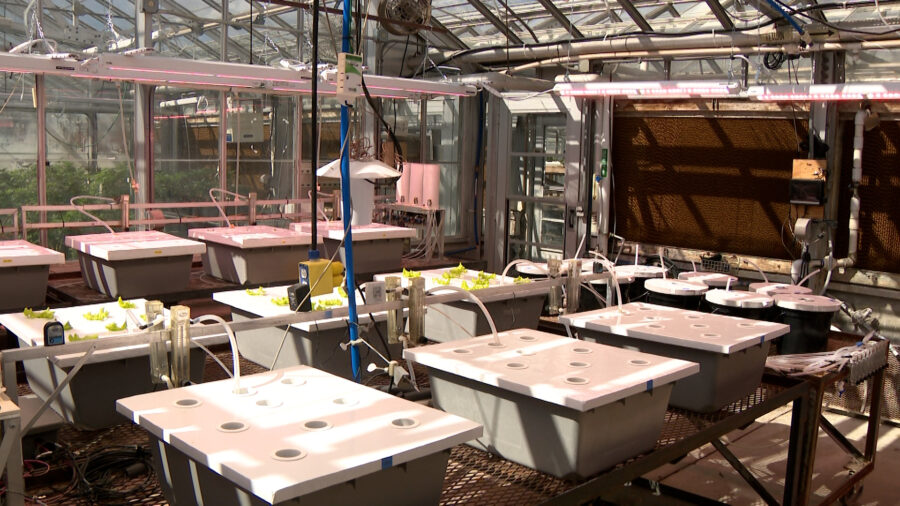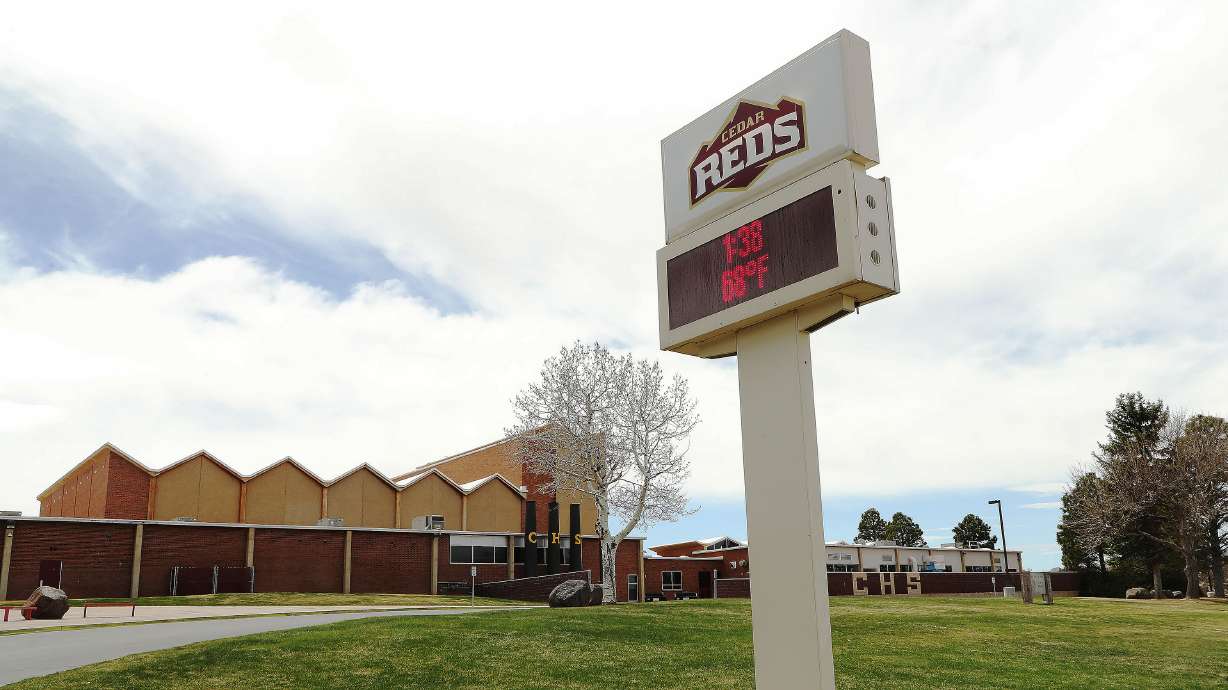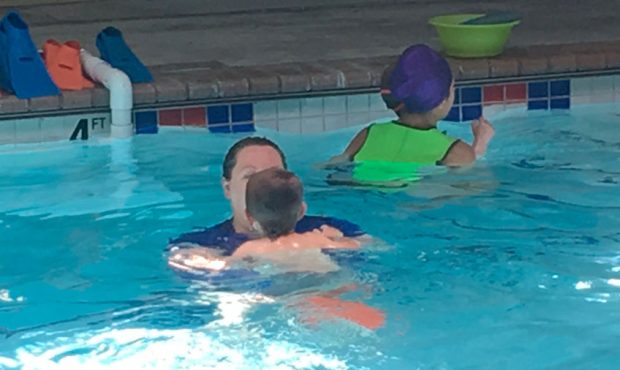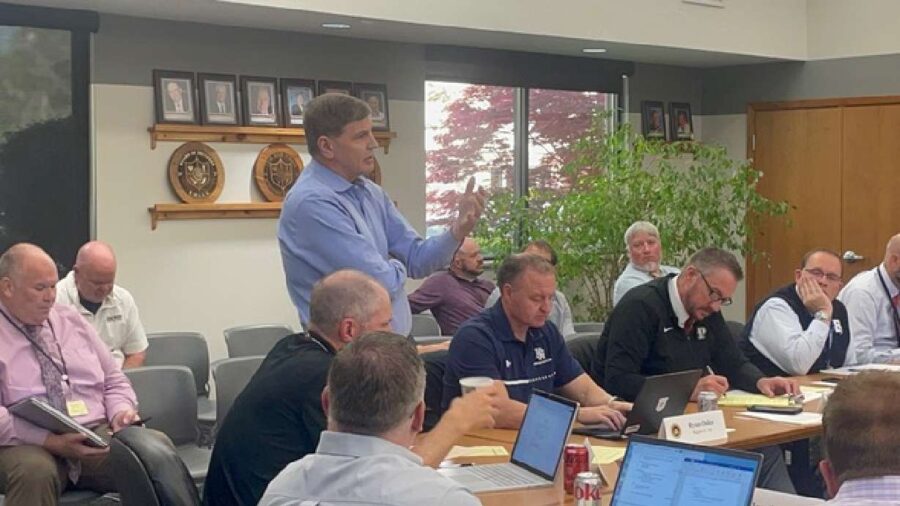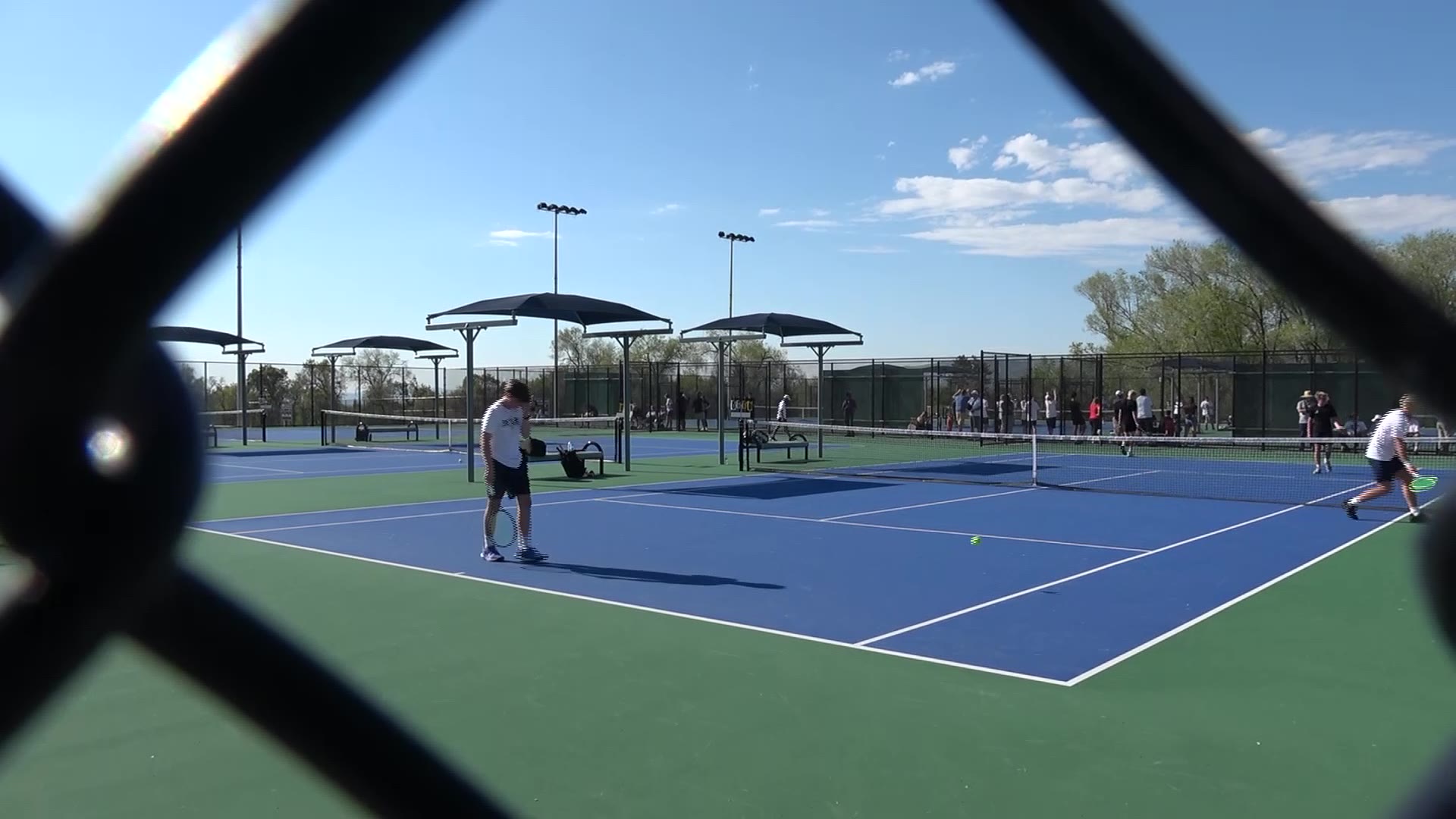Utah teens learn more about healthy relationships at youth summit
Feb 4, 2023, 5:16 PM | Updated: 5:36 pm
OGDEN, Utah — Sitting in a conference room or classroom isn’t what most teenagers have in mind when they think about the weekend.
Especially when the topics they were learning about were as dark and heavy as those being talked about.
“Like, if a guy wants your phone number or they want to kind of use you in a situation you’re not comfortable with, it’s okay to say no,” said Chloe McBride.
McBride is a freshman at Ogden Junior High School and wanted to be in these rooms because healthy relationships, consent, boundaries, and even rape culture, are topics she may not learn about in school.
“I think we’re kind of taught, just as women, that it’s not okay to say no and it’s a bad thing, but coming here and learning that it is okay,” expressed McBride.
The Healthy Relationship Summit was held at Weber State University on Saturday but was put on by the Your Community Connection Family Crisis Center in Ogden. The YCC is a center for people impacted by domestic violence.
However, the conference was designed for teens and pre-teens. Organizers were hoping to raise awareness and education about these difficult topics before they got involved in a relationship that might become abusive.
“If they can learn and use those skills at this age, they’re going to be able to take this into adulthood and any future relationships they have and friendships, and it’s wonderful,” said Brent Hinsley, a community engagement coordinator with YCC. “We need to be talking about not only the warning signs about what an abusive or an unhealthy partner would be but also teaching them not to be that themselves.”
One session included a police officer discussing child trafficking cases he has investigated. The officer explained to students those cases began with seemingly innocent messages on apps like Snapchat or TikTok.
It’s a topic that got everyone’s attention.
“Social media is the biggest thing for our generation,” said high school freshman Xanti Cabrera. “We are like the first generation that was just born into it and having everything already there. So, it’s definitely a blessing and a curse.”
Parents weren’t a part of these sessions, so kids would perhaps feel more comfortable asking tough questions and learn about things that could help them later.
“We are still children even though we pretend like we’re not. We still like to be taken care of and shown that it is okay to grow,” McBride said. “But it’s also really important to talk about things like this because it happens more than people realize.”


